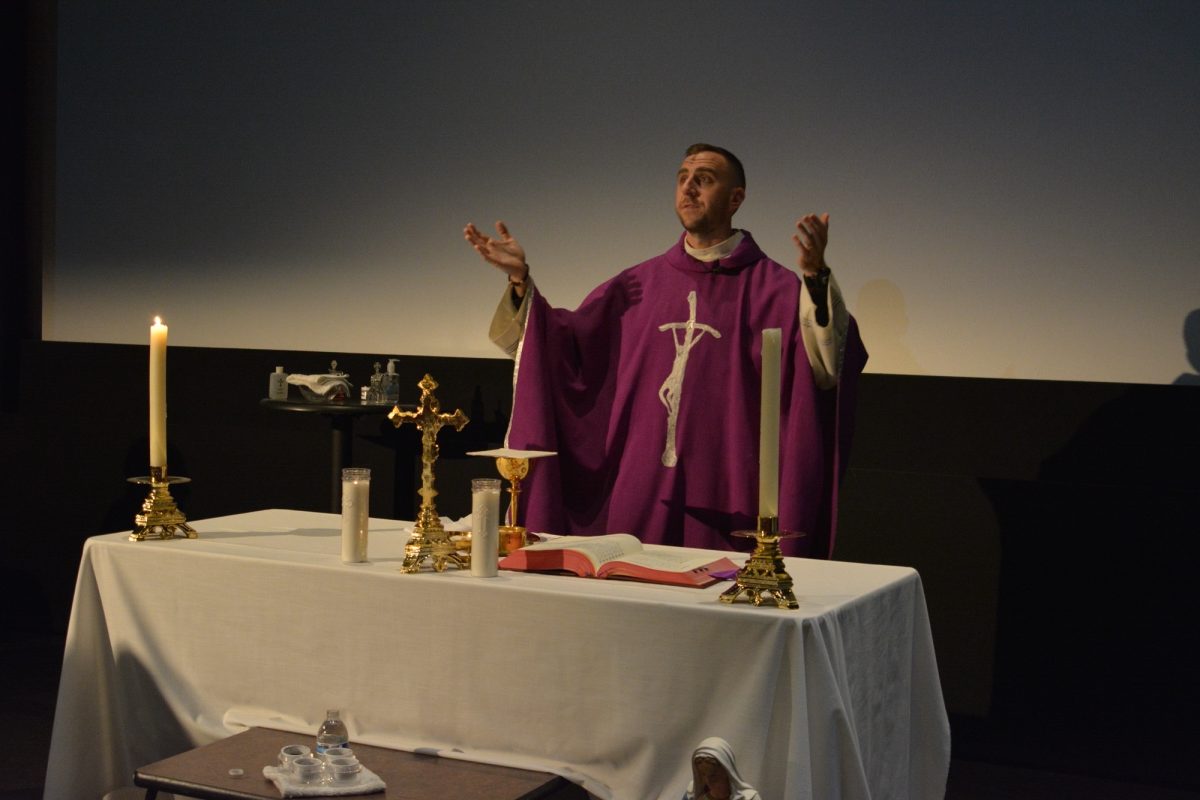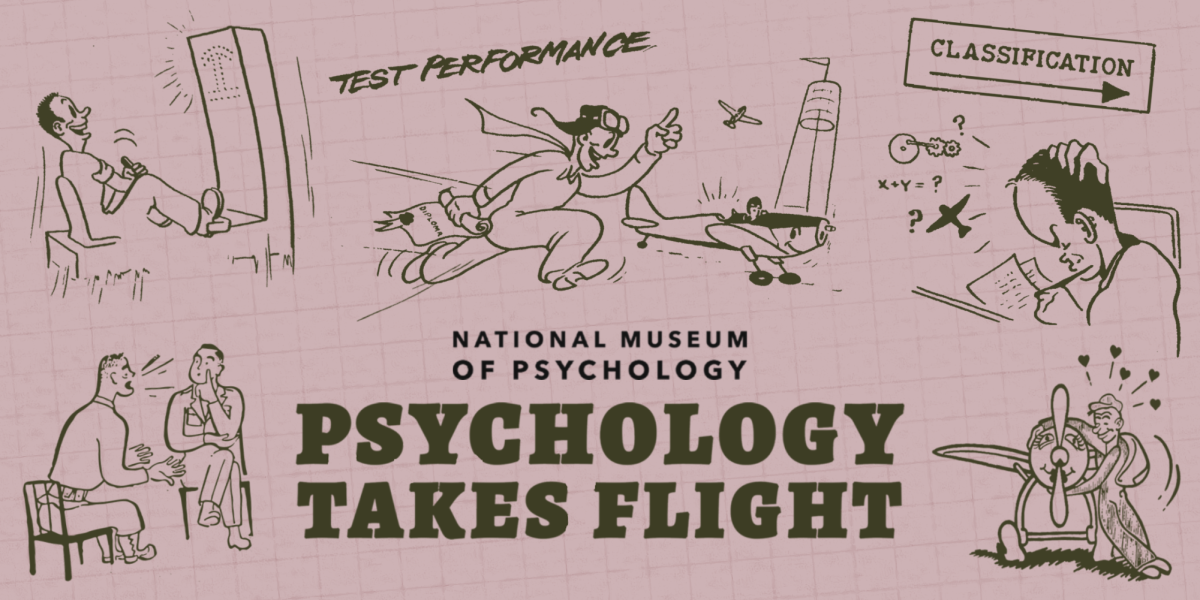On-screen adaptations prove prolific for fans
November 19, 2013
‘Tis the season for the release of movie adaptations of our favorite, or not so favorite, books.
This year we have seen adaptations of many books including “The Mortal Instruments,” “Ender’s Game” and “Percy Jackson.” And we still have “The Hunger Games: Catching Fire,” “The Desolation of Smaug,” “Divergent” and “The Fault in Our Stars” to look forward to.
Comic book adaptations are becoming incredibly popular as well, with Christopher Nolan’s “The Dark Knight” franchise, the summer flop “Man of Steel,” and the already released Marvel movies, as well as the much anticipated “Captain America: The Winter Soldier” and many others in the future.
Books are even starting to permeate television. The infamous character Sherlock Holmes appears in “Sherlock” and “Elementary.” “Dracula,” “Hannibal,” “True Blood” and “Game of Thrones” are only a handful of the books you can watch on TV. Even “The Walking Dead” is based off of a comic.
Sometimes the adaptations are brilliant (see: anything Peter Jackson has made, or is making, based off of Tolkien) and some of them are not (see: most of the “Harry Potter” films).
Most of the time the inspiration itself is amazing, and sometimes it is incredibly, shall we say, off-putting (see: “50 Shades of Grey”).
But no matter what, the whole adaptation movement is brilliant. This movement is brilliant because it is fueled by the fans of these books and book series. These movies and television programs, no matter how heinous, perpetuate these fandoms and keep them alive.
For anybody who is not a complete nerd, a fandom is the fan base surrounding a specific book, television show, movie, comic or beloved entity. They are the ones who are responsible for the ridiculous and hilarious photo manipulations you see online. Pictures such as the recent mishap in China, where they displayed a fan-made, non-official image that depicted Thor embracing Loki like a lover.
Fandoms are also responsible for some pretty amazing feats as well. Organizations such as the Harry Potter Alliance have emerged to raise money for great causes. Actors such as Misha Collins of “Supernatural” do copious amounts of charity work and often reach out to their fan base for support.
Fandoms also serve as a place for many fans to find community and express themselves through various media such as writing and art.
When movies or television adaptations are made, the new material serves to prolong the life of a fandom. For example, the “Harry Potter” series was completed in 2007, but the film adaptations were not completed for another four years. Now that J.K. Rowling is screenwriting the movie inspired by her “Fantastic Beasts and Where to Find Them,” a book found within the world of Harry and his friends, the “Harry Potter” fandom will live on much longer.
Sherlock Holmes and Dr. John Watson have been kept alive for over 100 years following their original appearances in Sir Arthur Conan Doyle’s writings, thanks to multiple movie and television adaptations, much to the author’s dismay. Screen adaptations of books are especially fantastic for the most dedicated fans as well as casual viewers in that it is much more accessible and convenient to spend a few hours watching a movie or a television show.
This is especially true for college students who spend an insurmountable number of hours per week reading for classes. For some, it can be much more relaxing to relive a cherished story by way of cinematography rather than chirography, and there is nothing wrong with that — though I highly suggest taking the time to peruse the source material, because it is often paramount to the adaptation.
Book-to-screen adaptations do not always live up to their inspiration, but they are an innovative entity of their own that serve their fandom as best they can, elongating and elaborating the fandoms while providing a convenient form of consumption for general audiences.













